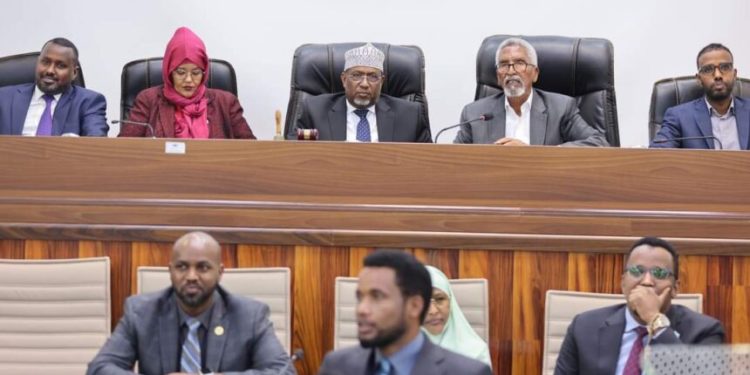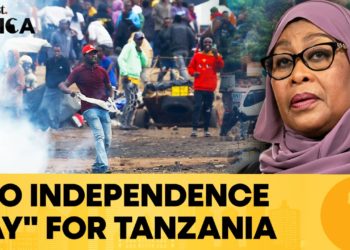Somalia rejected an agreement inked on Monday between Ethiopia and its autonomous region, Somaliland, in a hastily convened session on Tuesday. The rejection prompted Somalia to summon its ambassador from Ethiopia for ‘consultations,’ asserting that the Addis Ababa accord is devoid of legal standing.
Prime Minister Hamza Abdi Barre of Somalia vowed to safeguard their territory through “all legal means possible,” assuring the populace of the government’s unwavering commitment to defending the nation and ensuring the integrity of its land, sea, and airspace.
Somalia’s cabinet contended that Somaliland is constitutionally part of Somalia, denouncing the move by Somaliland as a blatant violation of its sovereignty and unity.
The agreement in question was a Memorandum of Understanding in which Ethiopia formally recognized Somaliland, and, in return, Somaliland granted Ethiopia naval and commercial sea access on lease for a 50-year period.
Somalia urged the international community for support, appealing to entities such as the United Nations, African Union, Arab League, and the East African regional bloc IGAD to stand in solidarity.
Former Mandera Central MP Billow Kerrow criticized Somaliland’s decision to cede 20 km of territory to Ethiopia for a naval military base, deeming it a “dumb idea that breaches international law.” Kerrow argued that such concessions undermine the legitimacy of separatist movements and could eventually lead to Ethiopia’s annexation of Somaliland.
This development occurred shortly after Somalia and Somaliland agreed to resume dialogue, following mediated talks last week facilitated by Djibouti. Since declaring autonomy from Somalia in 1991, Somaliland has struggled to gain international recognition, with Somalia persisting in its claim over the region.


















